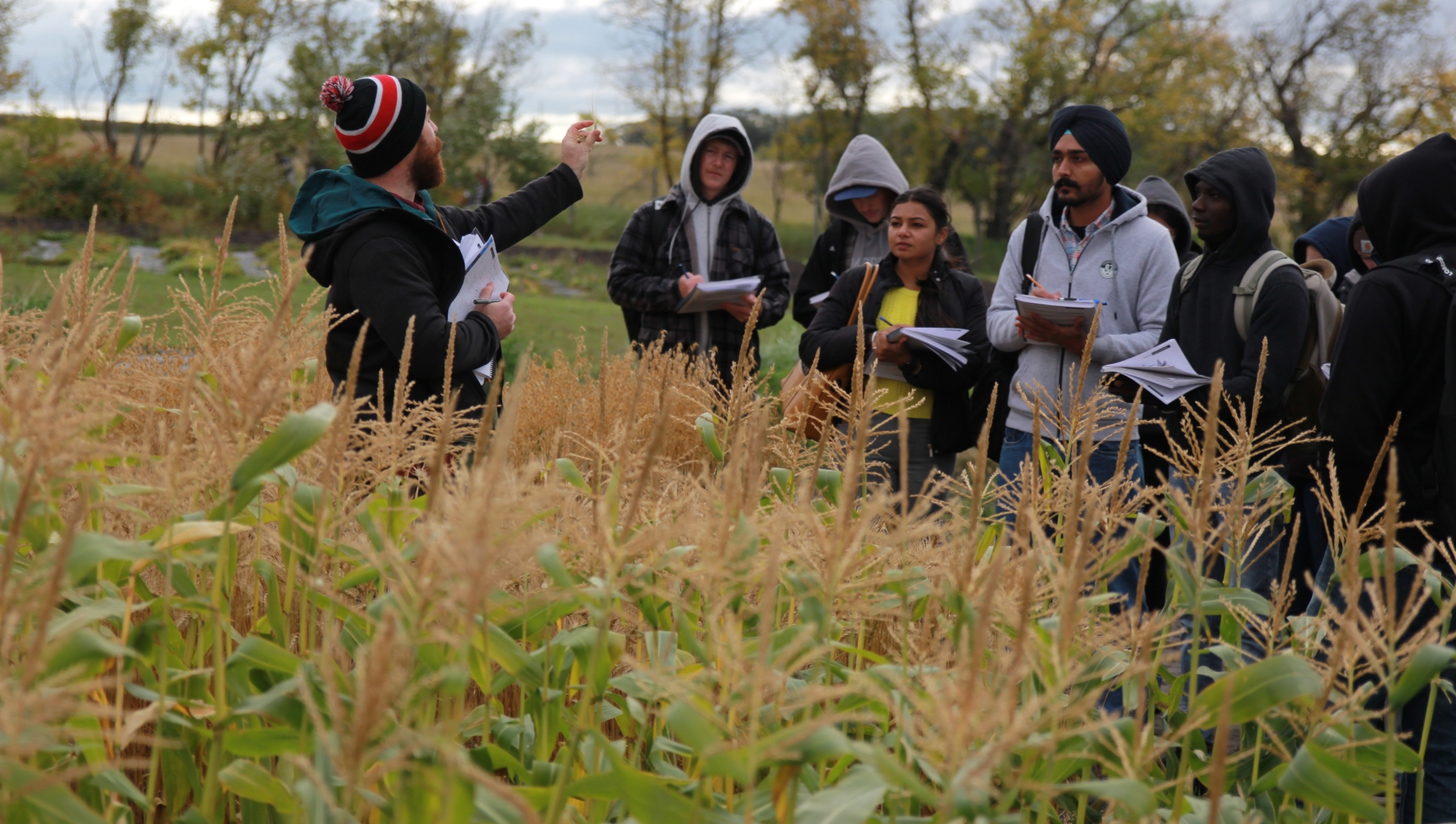Assiniboine receives $50K grant to support partnerships with small-to-medium size enterprises.
March 21, 2023
Assiniboine Community College is pleased to announce a new agriculture-based grant of $50,000 to support partnerships with small-to-medium size enterprises (SMEs) through the National Research Council of Canada Industrial Research Assistance Program (NRC-IRAP). The grant, formally known as a Contribution to Organization (CtO), will allow the college to provide short-term scientific or technical assistance to Canadian for-profit SMEs.
“Having access to funding programs like this for SMEs helps the college continue to research and innovate in the evolving sector of agriculture and come up with viable solutions to the challenges the industry faces,” said Tim Hore, Dean, Russ Edwards School of Agriculture and Environment. “It creates opportunities for us to connect researchers, faculty and local small businesses to engage and share our findings with the world.”
One example of a current SME partnership under this grant has Assiniboine working with Typha Co. to test cattail fibres to develop a baseline product profile that will be used in future testing to identify a soilless growing media as a replacement for peat, which has high carbon emissions.
To date, two CtO projects including this one, have been approved. In these partnerships, Assiniboine faculty researchers collaborate with organizations and provide technical services to help further their product or work.
“Connecting with organizations who otherwise wouldn’t have access to research and technical services is integral to making advances in the agriculture industry,” said Hore. “This type of collaboration is central to the vision of the Edwards School and the future of the School within the Prairie Innovation Centre.”
Project activities and services provided to SMEs will be in technologies related to soil health, horticultural & field crop production, food & culinary arts, sensors & wireless applications relevant to agriculture, greenhouse technologies & alternative covered growing systems, and conservation, biodiversity, and climate change mitigation technologies will benefit from this assistance.




